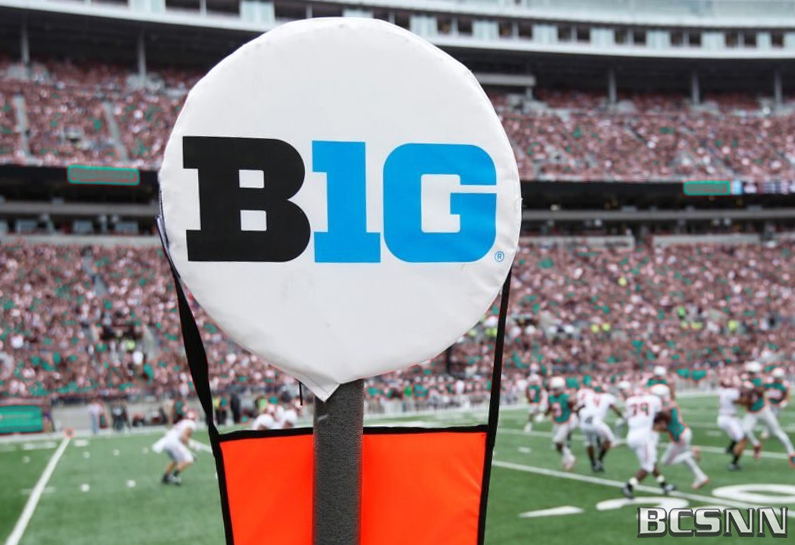(BCSNN) — The Big Ten Conference is exploring a landmark partnership with a private equity firm that could inject more than $2 billion into its operations, according to multiple reports. Discussions have been ongoing since spring meetings earlier this year, with league officials considering the creation of a commercial entity - tentatively named Big Ten Enterprises - to house media rights, sponsorships, and other revenue-generating assets.
Under the proposed structure, the new entity would be divided into 20 equity shares: one for each of the Big Ten’s 18 member institutions, one for the conference office, and one for the outside investor. Crucially, the deal would not transfer control of core conference functions such as scheduling, officiating, or championships. Instead, the investor’s stake would be limited to business development, with annual distributions tied to its financial contribution.
A key component of the proposal is a 10-year extension of the Big Ten’s grant of rights agreement, which would bind member schools to the conference through 2046. This provision is seen as a strategic move to deter future realignment and the formation of breakaway super leagues. However, securing unanimous support remains a challenge, with flagship programs like Michigan and Ohio State expressing reservations about the long-term implications of private capital involvement.
"It's always the same problem with these Grant of Right deals. You got the hangers-on and the earners. The Buckeyes and Wolverines shouldn't be on the hook to make sure Northwestern and Rutgers can pay their bills for the next twenty years," said one person close to the situation within the Big Ten.
Financially, the deal could be transformative. Each school is expected to receive a nine-figure upfront payment, supplementing already robust media rights distributions that topped $63 million per institution in fiscal year 2024. A tiered revenue-sharing model is also under consideration, with top brands such as Penn State, Michigan, and Ohio State likely positioned to receive larger shares based on market value and viewership metrics. And that could be the only way to get those larger brands onboard with the idea.
The Big Ten’s move reflects a broader trend in college athletics, where conferences are increasingly adopting corporate strategies to secure long-term financial stability. The ACC and Big 12 have discussed and experimented with tiered revenue models (with ... "mixed" results - e.g. where is Texas now?), and the Big 12 previously explored private equity options before backing away. If the Big Ten finalizes its deal, it could set a precedent for other leagues navigating the pressures of NIL, media fragmentation, and athlete compensation.
Critics of the proposal have raised concerns about the role of private capital in public university systems. Michigan Regent Jordan Acker publicly opposed the deal, citing a duty to protect institutional integrity and taxpayer interests. His comments underscore the tension between commercialization and collegiate values - a debate that continues to shape the future of the sport.
Despite the uncertainty, Big Ten leadership has framed the initiative as a modernization effort. In a statement, the conference emphasized its commitment to “athletic and academic excellence” and its intent to “expand opportunities for student-athletes” in a rapidly evolving environment.
A final decision is expected in the coming weeks. If approved, the deal would mark a historic shift in how college conferences operate - blurring the lines between amateur athletics and corporate enterprise, and potentially redefining the financial architecture of college sports for decades to come.




























